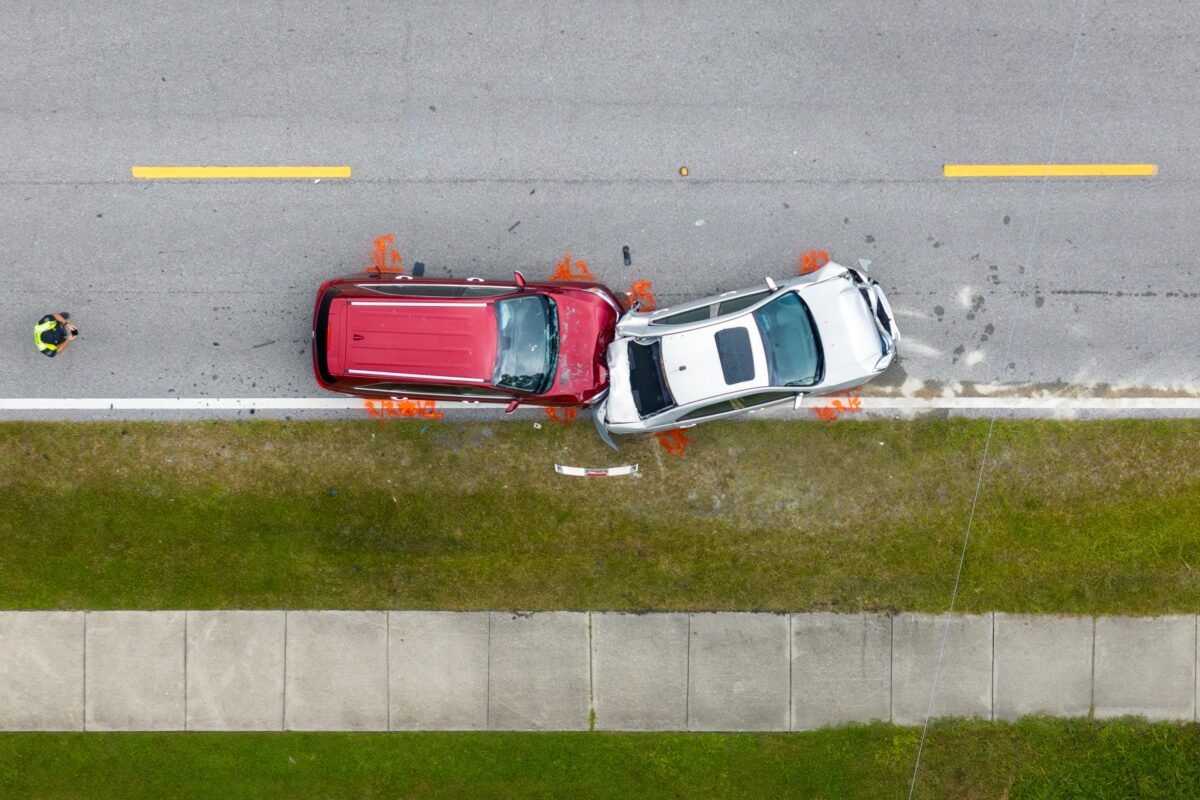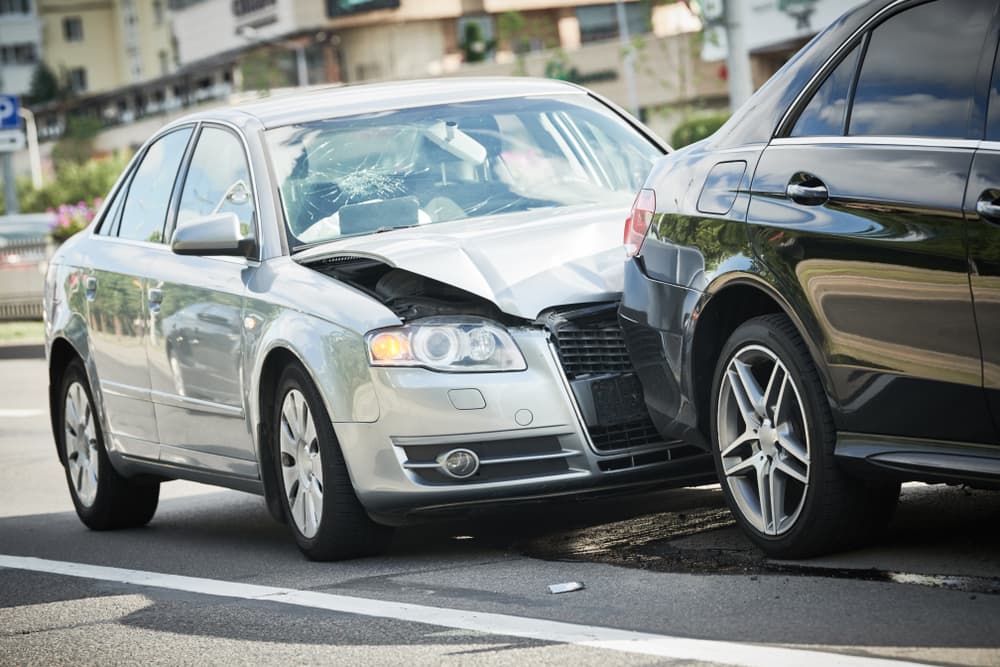Seven inmates died and at least 17 others suffered serious injuries in a nearly eight-hour-long prison riot that started Sunday night at Lee Correctional Institution in Bishopville, the Associated Press reports.
The Charleston Post and Courier called the riot “the deadliest episode of prison violence in South Carolina in recent history.” However, the incident is just the latest in a string of violent episodes that have recently occurred at the maximum-security facility located about 40 miles east of Columbia, according to WBRC Fox 6 News.
The personal injury attorneys of Joye Law Firm offer our condolences to family members who lost their loved ones in this tragic episode. Our thoughts are with those whose loved ones suffered injuries and those who are still seeking information about a family member’s status. We will continue to monitor this situation closely as it develops.
Inmate Shares Details of Riot With News Reporters
The riot began when several inmate-on-inmate fights broke out shortly after 7 p.m. in three of the facility’s housing units, the Post and Courier reports. State Law Enforcement officers moved in and secured the facility at around 3 a.m. Monday, according to the newspaper.
Several news outlets report that the seven inmates who died in the incident are: Raymond Angelo Scott, Michael Milledge, Damonte Marquez Rivera, Eddie Casey Jay Gaskins, Joshua Svwin Jenkins, Corey Scott, and Cornelius Quantral McClary. Officials have not released the names of the injured.
The Lee County Coroner told the Associated Press (AP) that the inmates who died were either beaten or suffered slashing and stabbing wounds from homemade knives. The coroner’s office has started to conduct autopsies.
One inmate at the facility shared details of what he saw during the riot with the AP. He described a chaotic scene in which “he and other prisoners roamed around freely” due to broken cell locks and saw bodies “literally stacked on top of each other.” Several hours after the riot started, the inmate said that he saw no correctional officers or emergency medical care providers attend to his unit.
“The COs [correctional officers] never even attempted to render aid, nor quell the disturbance,” the inmate said. “They just sat in the control bubble[.]”
Reports Indicate Violence is On the Rise in South Carolina Prisons
In recent years, violence has spiked in South Carolina’s state prisons – and at Lee Correctional Institution in particular, according to several news reports.
Eighteen people died in state-run correctional facilities in 2017, including 12 who were slain by fellow inmates, The Post and Courier reports. Additionally, 250 inmates needed treatment at outside hospitals due to inmate-on-inmate assaults in 2016 and 2017 – more than double the number from the previous two years.
Staffing shortages and inadequate training and supervision of correctional officers may contribute to the problem, several people told news outlets. Bryan Stirling, the Director of the S.C. Department of Corrections (DOC), told state lawmakers in April 2017 that – in some situations – a single officer may be in charge of monitoring 200 or more inmates, while the national standard is to have six officers for every 30 inmates, the Post and Courier reports.
Lee Correctional Institution is a Level 3 facility that houses “violent offenders with longer sentences, and inmates who exhibit behavioral problems,” according to the DOC website. It has a capacity for around 1,500 inmates.
Last month, several inmates held a correctional officer hostage for more than an hour at Lee Correctional Institution, and “several inmates at the facility have been killed over the last several months,” Fox 6 News reports. According to the TV station, one inmate died in a fight with other inmates in February 2018, one died in November 2017 “due to several stab wounds,” and another inmate bled death with a stab wound in his arm in August 2017.
Inmates who suffer injuries due to attacks by fellow inmates, or families who have lost loved ones due to prison violence, may have the right to take legal action against those who are responsible for their protection inside a facility. To learn more, it is important to contact an experienced South Carolina personal injury lawyer and receive a thorough, free consultation.

































